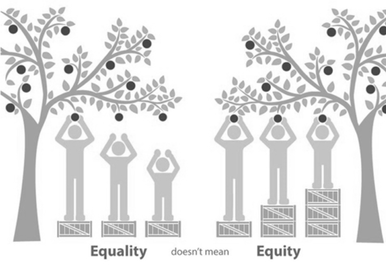|
If you are a professional or a writer who is passionate about health, racial, and social equity, consider contributing to our blog! Visit our Volunteer page to learn more. |
|
by Sarah Carlson
One common form of implicit bias in health and social services is the differential treatment of male and female-presenting patients. Generally speaking, most people tend to make unconscious associations regarding masculinity and femininity, and these assumptions can impact the ways in which individuals understand and treat patients. In healthcare settings, widespread assumptions about men and women, such as the idea that men are more resilient and that women are more likely to express pain, might be detrimental and lead to inadequate treatment by healthcare professionals. As a result of such biases, patient needs can be overlooked (2).
1 Comment
|
Archives
June 2023
CategoriesEditors:
Renata Schiavo, PhD, MA, CCL Alka Mansukhani, PhD, MS Radhika Ramesh, MA Guest posts are by invitation only. |




 RSS Feed
RSS Feed
